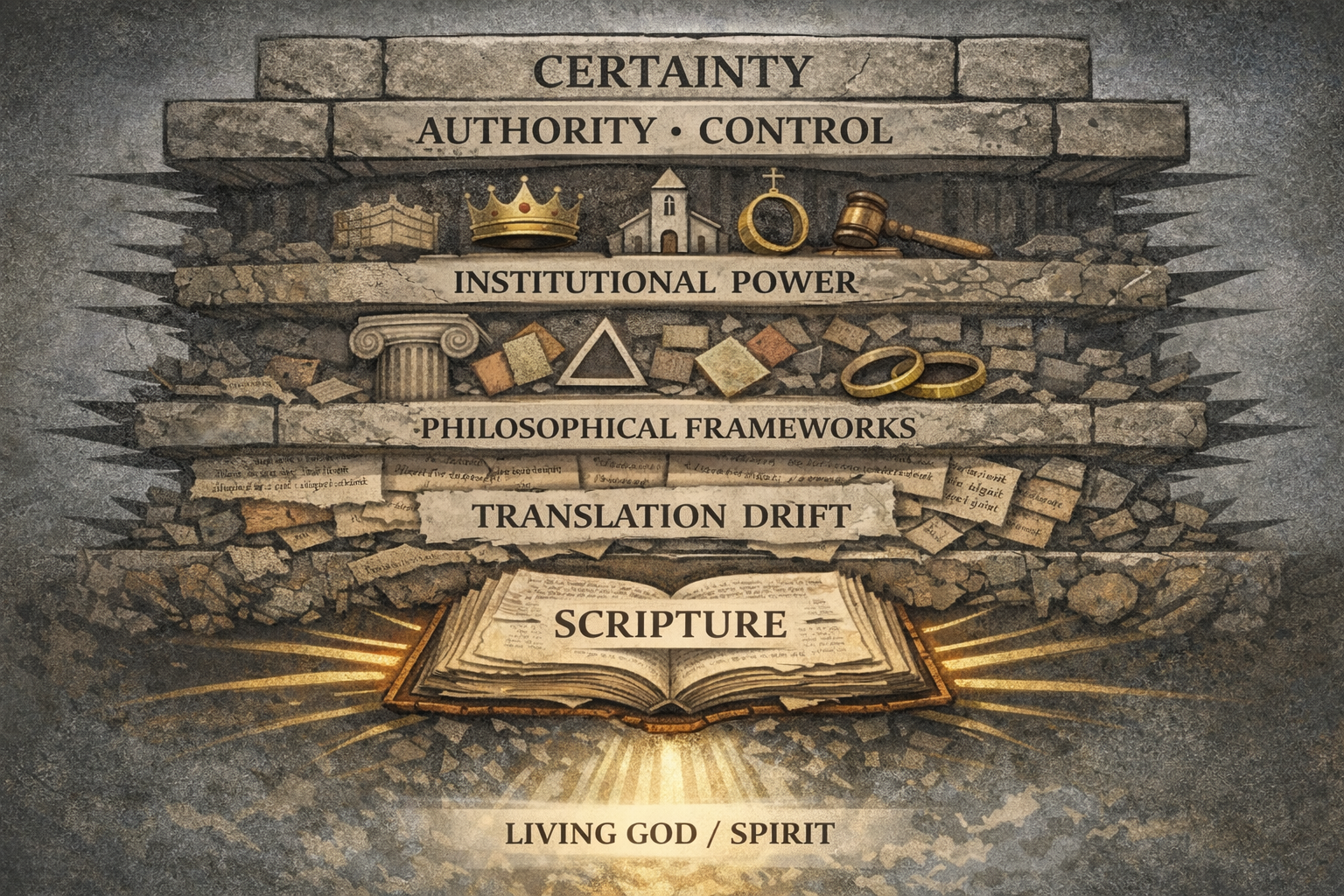What is faith?
For it is by grace you have been saved, through faith—and this is not from yourselves, it is the gift of God—not by works, so that no one can boast.
For a long time, I thought faith was mostly a mindset—belief, trust, agreement with certain truths. But as I’ve grown and read the writings of mature Christians, I’ve come to see that faith is not just a concept. Faith is an experience.
During my search and rescue training, I learned low-angle rope rescue skills. We studied different ropes, their strengths, and the conditions in which they could safely be used. That knowledge gave us confidence that a rope would hold. It was trust—but only in theory. On sloped ground, where the risk was minimal, it was easy to “believe” in the rope.
But move that same rope to a high-angle rescue—hanging off a cliff face—and suddenly the rope isn’t just equipment. It’s a lifeline. At that moment, faith is no longer theoretical. It’s visceral. It’s lived. You are entrusting your life to it.
This is the kind of faith Jesus calls us to. Not a faith of words or concepts alone, but one proven by action:
What good is it, my brothers and sisters, if someone claims to have faith but has no deeds? Can such faith save them? Suppose a brother or a sister is without clothes and daily food. If one of you says to them, “Go in peace; keep warm and well fed,” but does nothing about their physical needs, what good is it? In the same way, faith by itself, if it is not accompanied by action, is dead.
But someone will say, “You have faith; I have deeds.”
Show me your faith without deeds, and I will show you my faith by my deeds. You believe that there is one God. Good! Even the demons believe that—and shudder.
You foolish person, do you want evidence that faith without deeds is useless? Was not our father Abraham considered righteous for what he did when he offered his son Isaac on the altar? You see that his faith and his actions were working together, and his faith was made complete by what he did. And the scripture was fulfilled that says, “Abraham believed God, and it was credited to him as righteousness,” and he was called God’s friend. You see that a person is considered righteous by what they do and not by faith alone.
James’ words echo the rope analogy perfectly. “What they do” is hanging on the rope. Faith is proven in the act of trust. In the same way, our faith in Christ is proven by entrusting Him with our whole lives—through surrender, obedience, service, abiding, and drawing near to God.
- Faith without works is standing on the top of the cliff with the rope neatly coiled at your feet. You believe in the rope, but you refuse to put that belief to work.
- Works without faith is stepping off the cliff without the rope, trying to do it all on your own. Fatal.
Faith is not just felt. It is acted out. It is lived. It is shared.
In all this you greatly rejoice, though now for a little while you may have had to suffer grief in all kinds of trials. These have come so that the proven genuineness of your faith—of greater worth than gold, which perishes even though refined by fire—may result in praise, glory and honor when Jesus Christ is revealed.
We don’t receive God’s grace through “cheap faith.” We receive His grace as we step off the ledge, trusting Him fully—living faith that is active, proven, and real.
Search all posts
This Post
Related Posts
Given I operate a non-profit Christian community and other entities, I feel compelled to offer this disclaimer: The opinions expressed on the BFAdams.blog site are my personal opinions. My posts about secular issues are not reflective of the position or leadership of any entity I may be involved with.
And Jesus said to them, “Render to Caesar the things that are Caesar’s, and to God the things that are God’s.” And they were amazed at Him. – Mark 12:17





